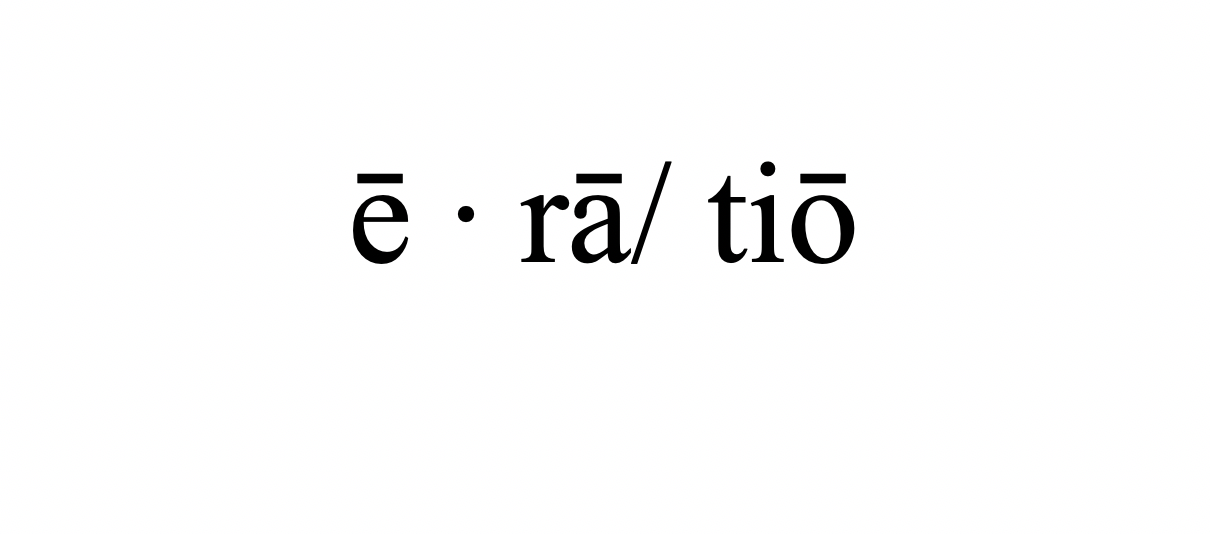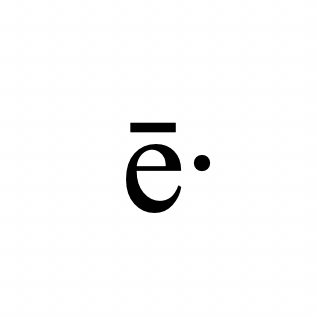3 Gedichte
Thomas Kunst / in translation by Bradley Schmidt
MEIN SCHULHEFT MIT ZWÖLF. Ein Aufsatz
Darüber, daß Mutter zu schnell größer
Geworden ist. Vormittag in der Badeanstalt.
Das Wasser ist dreckig. Das Umziehen dauert
Lange. Erst die Hose, das Hemd, die Strümpfe,
Das Unterhemd, dann der Bademantel mit
Gürtel, loser Knoten, angedeutete Schleife,
Runter das eine, die Badehose hoch,
Anständiges, fleckiges Weiß, die Mehrzahl der
Haare dort, wo sie nicht hinsollen.
Das Wasser lau. Auf ihre Art
Zufriedene Schwäne.
MY EXERCISE BOOK AT TWELVE. An essay
About how my mother has grown larger
Too quickly. Mornings at the public pool.
The water is dirty. Changing takes a
While. First the pants, the shirt, the socks,
The undershirt, the bath robe with
Belt, loose knot, bow hinted at,
Pulling on down, the bathing trunks up,
Decent, spotted white, most of my
Hair where they do not belong.
The water tepid. Swans satisfied
In their own way.
DER GRUNDGEDANKE VON NÄSSE. Nach
Dem Bumsen werden die Tiere traurig. Die
Augen stumpf. Das Rückenmaterial
Verwahrlost, gelb und matt und salzig. Sie
Haben zuerst nur hinübergesehen. So kamen
Fell und Muskeln der anderen in der Ferne zu
Einem ungefährdeten Sieg. Hätten sie es doch
Bloß dabei bewenden lassen. Die Ferne gab es
Schon immer. Verwaschen. Hilflos. Viel später
Erst die flache Sauberkeit der Geographie. Wer
Nicht hinsah, bekam den Wind. Gelb und matt
Und salzig. Aber mit so etwas braucht man den
Tieren gar nicht erst kommen, daß Geographie
Jünger sein soll als Ferne. Sie achten schon von
Allein darauf, daß sie sich nur für solche Tiere
Interessieren, die ihnen schon von weitem den
Rücken zukehren, gelb und matt und salzig,
Nach dem Bumsen werden die Tiere traurig, sie
Zittern, sie wackeln, sie spielen auf die Seite
Legen, auch wenn es sich scheinbar nicht gleich
Rentiert, aber mit so etwas braucht man den
Tieren gar nicht erst kommen, sie bumsen, sind
Traurig, das Rückenmaterial verwahrlost, die
Augen stumpf, je nachdem, ob es einen Wind in
Dieser Höhe jemals gegeben hat.
THE BASIC IDEA OF MOISTURE. After
Humping animals are sad. Their
Eyes dull. Their coats worn
Out, yellow and matt and salty. At
First they just glanced over. That’s how
Fur and muscles of the others from far away
Achieved certain victory. If only they had
Just left it at that. Afar had always
existed. Blurred. Helpless. Only much
Later the flat cleanliness of geography. Whoever
Didn’t look caught the wind. Yellow and matt
And salty. But you don’t even have to think about
Telling that to the animals that geography
Is more recent than afar. On their own they
Just pay attention that they are only interested
In animals that turn away from them far
Away, yellow and matt and salty,
After humping animals are sad, they
Shiver, they shake, they play lying on their
Sides, even if it doesn’t seem to pay off right
Away, but you don’t even have to think about
Telling that to the animals, they hump, are
Sad, the coats worn down, the
Eyes dull, depending on if there had ever
Been a gust at that height.
VATER, HAST DU MIR EINEN TAGESRITT
Mitgebracht. Natürlich mein Junge. Aber
Keinen weiten. Er ist noch im Mantel. Was hat
Das zu bedeuten. Ich sah Mutter in eines dieser
Neuartigen Automobile steigen, bei denen eine
Beifahrerin nicht mit zur Serienausstattung
Gehört. Sie tat gerade so, als seist du der Fahrer.
Aber warum soll ich denn nicht der Fahrer
Gewesen sein, mein Junge. Sie hielt dem Fahrer
Ihren Ellenbogen an den Mundwinkel,
Und der hatte davon keine wesentlichen
Nachteile.
FATHER, HAVE YOU BROUGHT ME A
Day’s ride. Of course, my boy. But
Not a far one. It’s still in my coat. What does
That mean. I saw my mother getting into
One of these new cars where a female
Co-pilot is not part of the standard
Equipment. She acted as if you were not the driver.
But why should I have not been the driver,
My boy. She held out her elbow to the driver
At the corners of her mouth,
And he had no substantial disadvantage
From it.
Thomas Kunst, born 1965 in Stralsund on the Baltic Sea. He received musical training (violin, viola and bass guitar) and wrote his first poems in 1982. After graduating from high school in 1984, he began studying education in Leipzig, which he dropped out of in 1986. He works as a library assistant at the German National Library, has received numerous awards for his prose and poetry, amongst them the Meran Poetry Prize 2014. In 2018, he was awarded the Lower Austria Prize for Literature for an excerpt from Zandschow. The novel was also shortlisted for the German Book Prize 2021. Read more Thomas Kunst at ē· rā/ tiō.
Bradley Schmidt grew up in a Mennonite community in rural Kansas, completed a B.A. in German Studies at Bethel College, a local small liberal arts college, studied German Literature and Theology in Marburg, Germany, and started a doctoral project on Friedrich Schleiermacher in Halle an der Saale before completing a Masters in Translation Studies at Leipzig University. He lives and works in Leipzig as a translator and teaches writing and translation classes at Leipzig University. He was Co-Editor at No Man’s Land (Associate Editor 2016-2019) and an Assistant Editor at Asymptote from 2014-2015.

